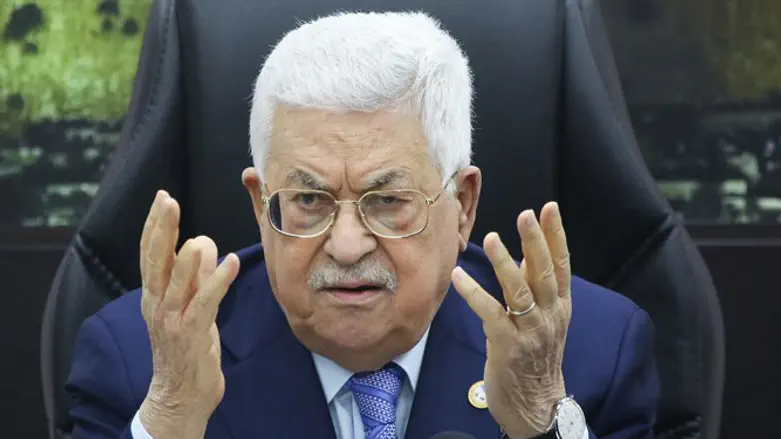
Palestinian Chairman Mahmoud Abbas on Saturday reiterated his staunch rejection of a US economic peace plan as Washington unveiled details of its long-awaited initiative, saying a political solution must come first.
The United States said the economic aspect of its Middle East peace plan to be presented next week in Bahrain aims to raise more than $50 billion (44 billion euros) for the Palestinians and create one million jobs for them within a decade.
"We have said that we will not attend the workshop in Bahrain," Abbas told the central committee of his Fatah faction in Ramallah.
"The reason is that the economic situation should not be discussed before the political one. And as long as there is no political (solution), we do not deal with any economic issues," he added.
The Palestinian Authority headed by Abbas had already said it was boycotting the two-day conference -- dubbed the Peace to Prosperity Workshop -- that opens on Tuesday in Bahrain.
Earlier Saturday Abbas's longtime aide Hanan Ashrawi reacted to emerging details of the US plan by saying Washington should first focus on ending the "Israeli theft of our land".
"First lift the siege of Gaza, stop the Israeli theft of our land, resources and funds, give us our freedom of movement and control over our borders, airspace, territorial waters etc. Then watch us build a vibrant prosperous economy as a free and sovereign people," Ashrawi said in a tweet.
In a step likely to outrage Palestinian Authority leaders, the plan unveiled Saturday says that money to revive the Palestinian economy would be administered by a multinational development bank as a way to ensure better governance and prevent corruption.
"Peace to Prosperity represents the most ambitious and comprehensive international effort for the Palestinian people to date," the plan released by the White House said.
The White House cast the plan -- to be discussed in more detail in Bahrain with finance chiefs of oil-rich Gulf Arab states -- as historic.
Trump's son-in-law and senior aide Jared Kushner spent more than two years working on the plan, which was also crafted by Jason Greenblatt, the American president's Middle East envoy - whom Ashrawi referred to as a "self-appointed advocate/apologist for Israel" in a recent tweet.
Ismail Haniya -- the leader of Hamas, also rejected the Bahrain conference earlier this week.
In a rare briefing with international journalists, he said that it would amount to Arab "normalization" of ties with Israel.
A number of Palestinian Authority businesses have meanwhile turned down invitations to attend the workshop.
The Palestinian Authority has boycotted the US administration since Trump recognized Jerusalem as Israel's capital in December 2017.